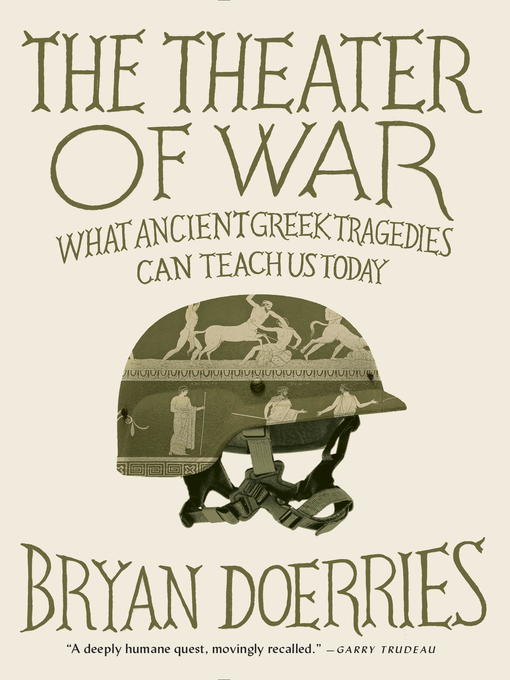For years theater director Bryan Doerries has been producing ancient Greek tragedies for a wide range of at-risk people in society. His is the personal and deeply passionate story of a life devoted to reclaiming the timeless power of an ancient artistic tradition to comfort the afflicted.
Doerries leads an innovative public health project—Theater of War—that produces ancient dramas for current and returned soldiers, people in recovery from alcohol and substance abuse, tornado and hurricane survivors, and more. Tracing a path that links the personal to the artistic to the social and back again, Doerries shows us how suffering and healing are part of a timeless process in which dialogue and empathy are inextricably linked.
The originality and generosity of Doerries’s work is startling, and The Theater of War—wholly unsentimental, but intensely felt and emotionally engaging—is a humane, knowledgeable, and accessible book that will both inspire and enlighten.
- Available now
- New eBook additions
- Most popular
- Try something different
- Popular Graphic Novels
- Popular Cookbooks
- Manga Series Starters
- Celebrate Disability Pride Month!
- See all ebooks collections
- Available now
- New audiobook additions
- Try something different
- Most popular
- Language Learning
- The Great Courses
- Celebrate Disability Pride Month!
- See all audiobooks collections
- Most Popular
- News & Politics
- Cooking & Food
- Celebrity
- Home & Garden
- Entertainment
- Health & Fitness
- Fashion
- Hobbies & Crafts
- Tech & Gaming
- Cars & Motorcycles
- Family & Parenting
- Sports
- See all magazines collections



